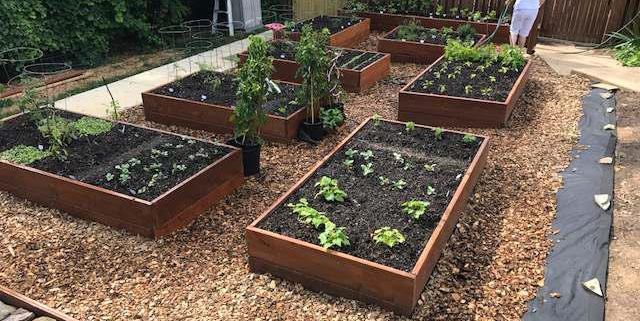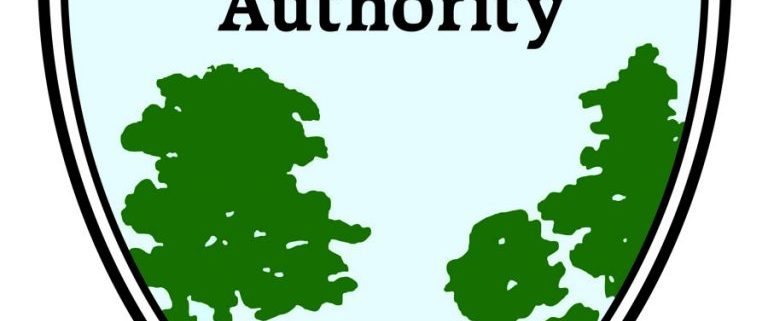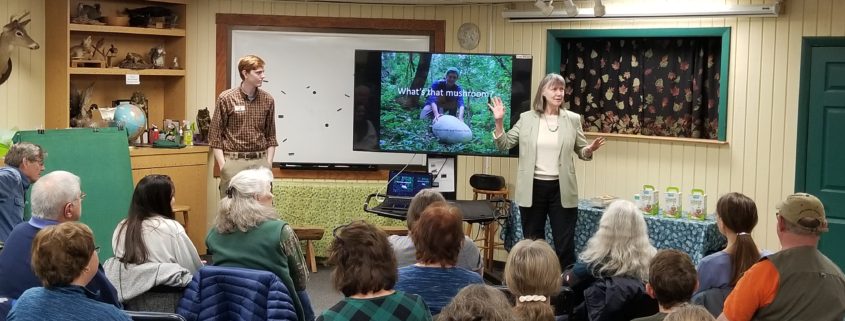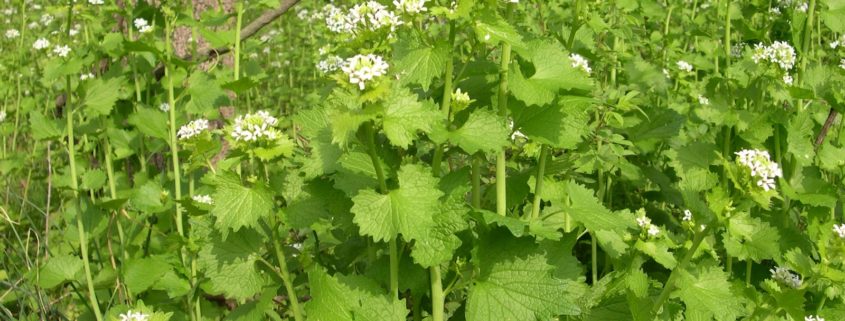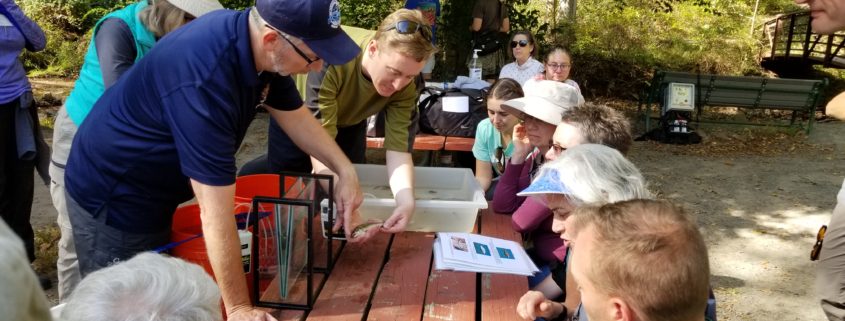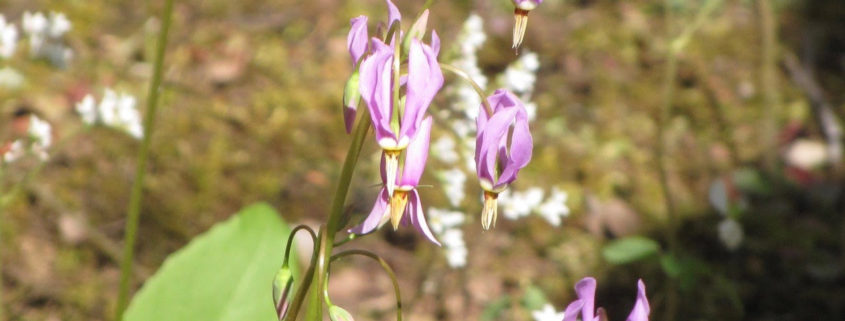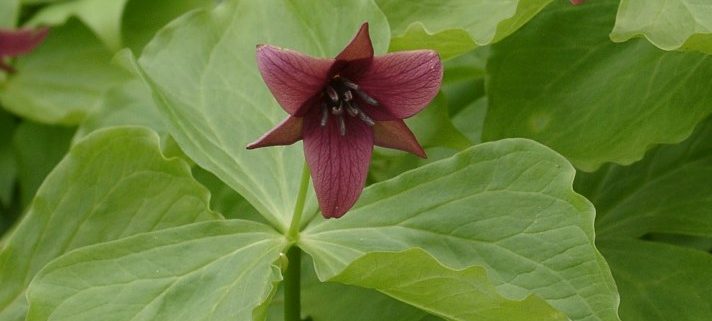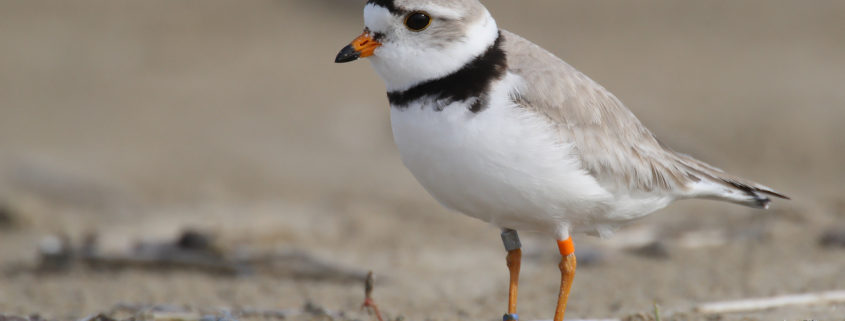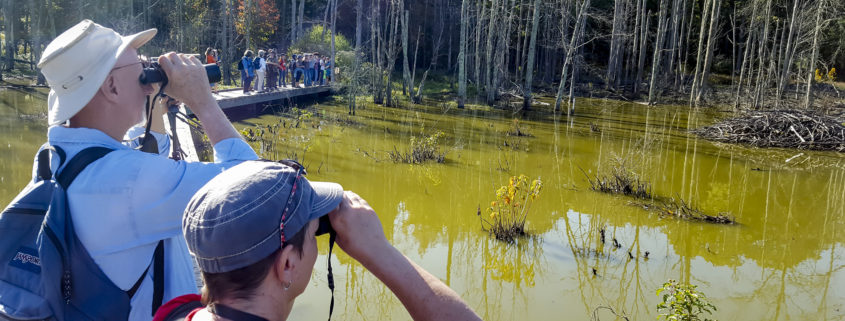Nominate Fairfax County to receive a $20K grant for parks
The Fairfax County Park Authority and the Fairfax County Park Foundation invite you to vote for Fairfax County parks in the National Recreation and Park Association’s “Meet Me at the Park” Earth Month Campaign. The locale that receives the most nominations will receive a $20,000 grant to improve a local park.
For the fourth year in a row, the NRPA is collaborating with The Walt Disney Company–including Disney|ABC Television Group and ESPN–to help fund local park improvement projects across the country through the national “Meet Me at the Park” Earth Month campaign. The city that receives the most nominations during the month of April will receive a $20K grant to improve a local park. From April 1 to April 30, 2018, visit Meet Me at the Park website to nominate Fairfax, Va. At the end of April, the city with the most nominations will receive the $20K grant funding. Everyone who submits a nomination will be entered into a drawing for a GoPro Prize Pack.



